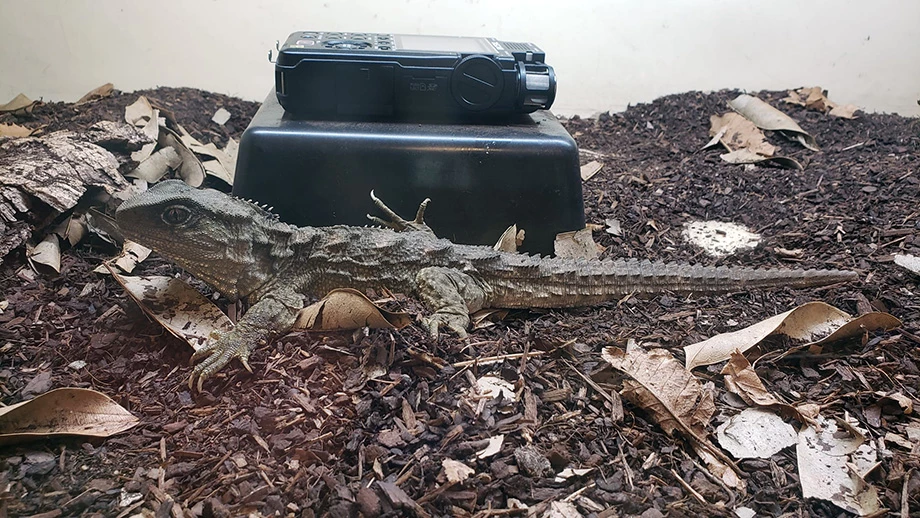Birds sing, dogs bark, and turtles – well, it turns out they have a surprisingly wide vocabulary too. A new study has found that they, along with dozens of other “mute” species, do actually vocalize, leading to the conclusion that all acoustic communication can be traced back to a single ancestor more than 400 million years ago.
Vocalizations are specifically sounds that animals make with their mouths by drawing air from their lungs, and animals use them to communicate a wide range of messages to their own and other species. They might be singing to attract mates, calling to warn allies about predators, or grunting to scare off rivals.
These sounds are pretty well studied in many groups of animals, including mammals, birds and frogs, but others are generally thought to be more or less mute. Or at least, that was the assumption. A new study has examined some of these animals and found that many actually do vocalize after all.
A team led by the University of Zurich took recordings and observations of vocalizations from 53 species that had been thought non-vocal. That included 50 species of turtle, expanding on only a few that were known to vocalize, as well as three other clades of vertebrates in which no members had ever been known to vocalize – lungfishes, reptiles endemic to New Zealand called tuataras, and eel-like amphibians called caecilians.

“This, along with a broad literature-based dataset including 1,800 different species covering the entire spectrum shows that vocal communication is not only widespread in land vertebrates, but also evidence (of) acoustic abilities in several groups previously considered non-vocal,” says Gabriel Jorgewich-Cohen, first author of the study.
Next, the team mapped vocal communication across the vertebrate tree of life, and the results were surprising. Previous studies had found relatively patchy vocalization across the tree and came to the conclusion that the ability had evolved several times in different species. However, with the newfound talkers filling in the gaps, the researchers found that it evolved just once, and all vocalizations can be traced back to a single point of origin.
“We were able to reconstruct acoustic communication as a shared trait among these animals, which is at least as old as their last common ancestor that lived approximately 407 million years before present,” said Marcelo Sánchez, lead author of the study. “Our results now show that acoustic communication did not evolve multiple times in diverse clades, but has a common and ancient evolutionary origin.”
The research was published in the journal Nature Communications.
Source: University of Zurich




